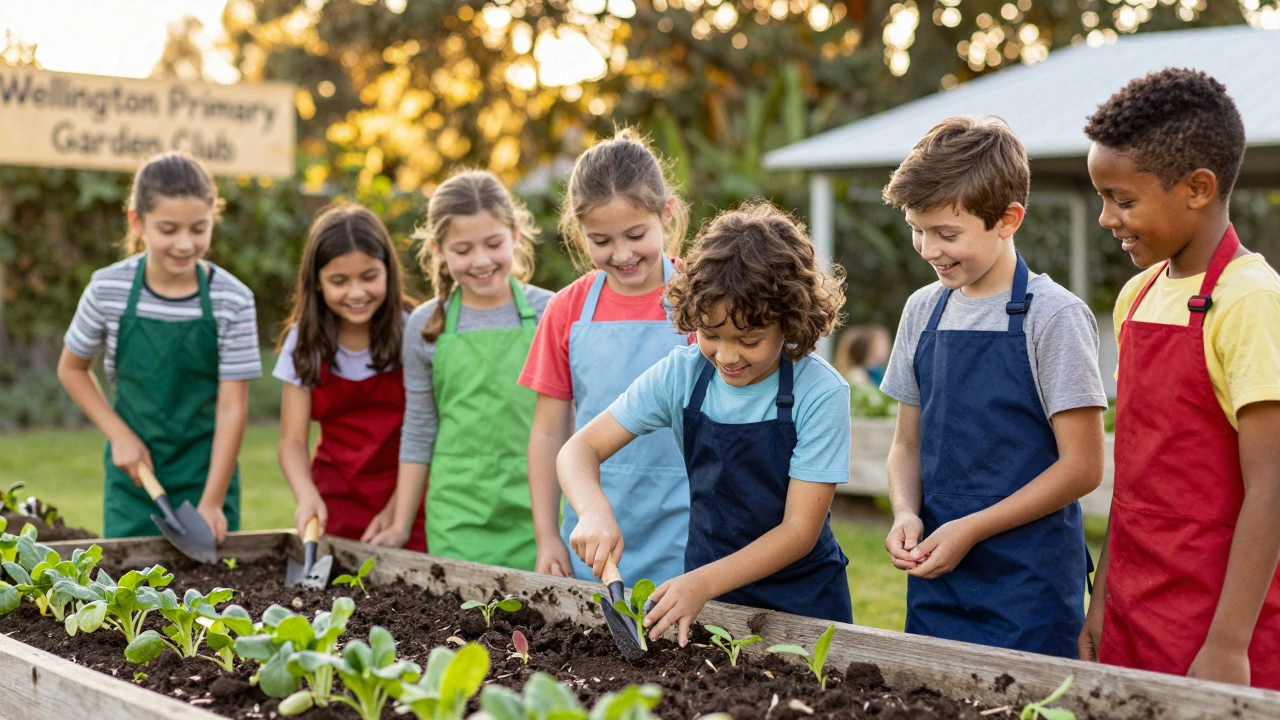Youth Development: Practical Tips and Resources
If you’re looking for ways to help young people grow, you’ve come to the right place. Below you’ll find straight‑forward ideas that you can use today – whether you run a school club, volunteer with a nonprofit, or just want to support the kids in your life.
Get Kids Involved in After‑School Programs
After‑school activities are a proven way to build confidence, social skills, and leadership. Start by asking local schools or community centers what clubs they need. If nothing fits, create something simple: a weekly art session, a coding meetup, or a sports squad. Keep the schedule regular and the expectations clear – kids respond best when they know what’s coming.
When you launch a new program, promote it in the places where kids already hang out. Posters in the library, a quick shout‑out on the school’s social feed, and word‑of‑mouth from friends work better than fancy flyers. And remember to collect contact info early so you can send reminders.
Boost Youth Health with Simple Snacks
Healthy eating often gets left out of after‑school plans, but a quick snack can keep energy up and mood steady. Mix fresh fruit with a handful of nuts, or serve whole‑grain crackers with hummus. These options need little prep and stay affordable.
Involve the kids in choosing and preparing snacks. When a teenager helps slice a banana or spreads peanut butter, they’re more likely to eat it. It also teaches basic cooking skills that they can use at home.
Teach Community Outreach Skills
Learning how to reach out to the community is a powerful part of youth development. Start with a small project: a neighborhood clean‑up, a food‑drive at a local shelter, or a visit to an elderly home. Assign clear roles – one teen can handle publicity, another can gather supplies, and a third can keep track of volunteers.
After the event, sit down with the group and discuss what went well and what could improve. This reflection builds problem‑solving skills and shows that every effort matters.
Encourage Environmental Action
Young people care about the planet, and giving them a way to act can turn concern into impact. Organize a tree‑planting day or a recycling challenge at school. Provide simple guides on how to reduce waste at home – for example, swapping single‑use plastic bags for cloth ones.
Highlight success stories from local environmental groups. When teens see real‑world results, they’re more motivated to keep going.
Support Mental Well‑Being
Stress is common among teens, especially when juggling school, activities, and family life. Offer short breaks during meetings – a five‑minute stretch or a quick breathing exercise can reset focus.
Connect youth with local support groups or online forums where they can talk openly about challenges. Knowing they’re not alone makes a big difference.
Putting these ideas into action doesn’t require a big budget or a fancy office. Start small, be consistent, and listen to the young people you’re helping. Over time, you’ll see confidence grow, friendships deepen, and a new generation of leaders emerge.
Why Do After School Clubs Matter for Kids Today?
After-school clubs give kids safe, engaging spaces to build confidence, learn new skills, and form real connections. They’re not extras-they’re essential for healthy development.
Read MoreExploring a Traditional Youth Organization: The Scouts
Discover what makes the Scouts a classic choice among traditional youth organizations. From its grounding principles to its iconic badges and skills, this article delves into what keeps the Scouts relevant for young people today. Learn about the unique experiences offered, the values that are instilled, and how the structure of scouting prepares youth for real-world challenges. Whether you're considering joining or just curious, explore the enduring impact of this global movement.
Read More
